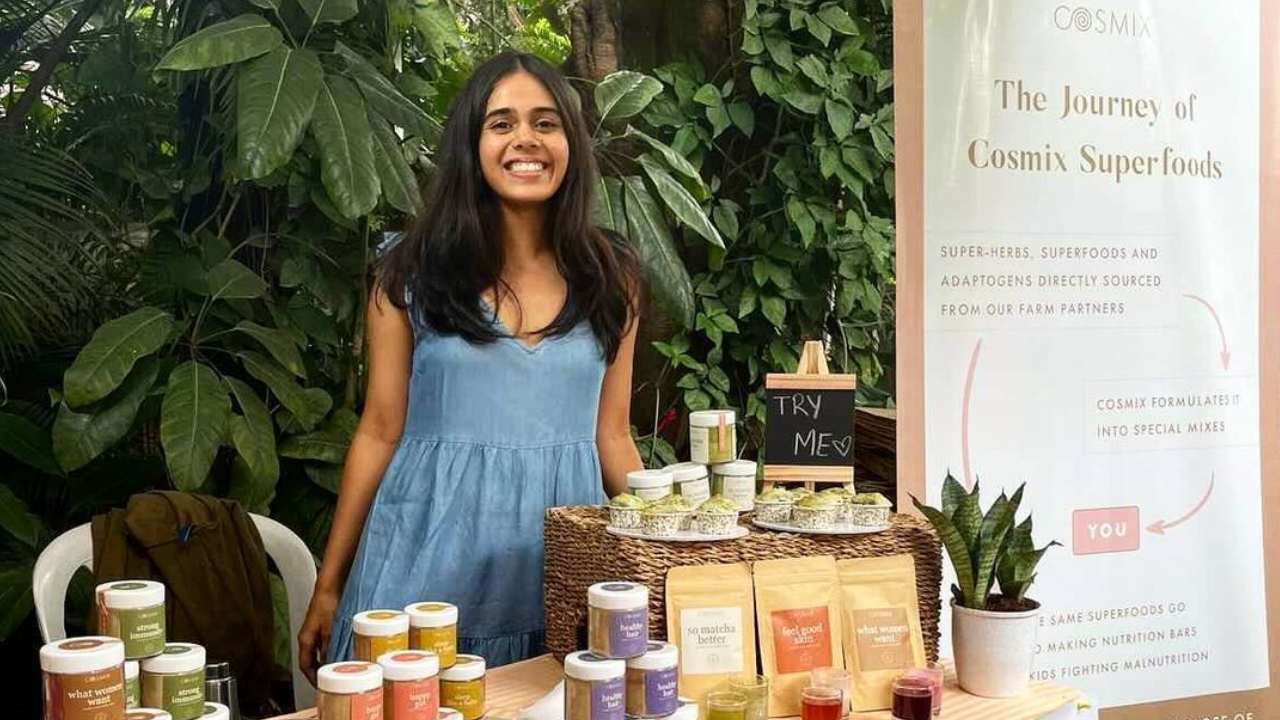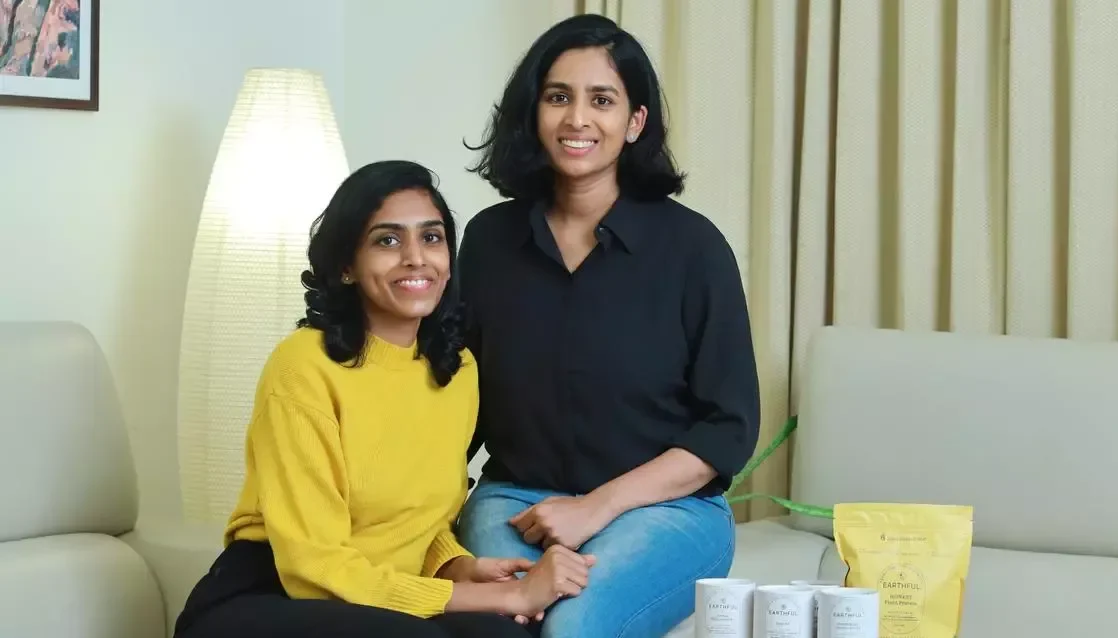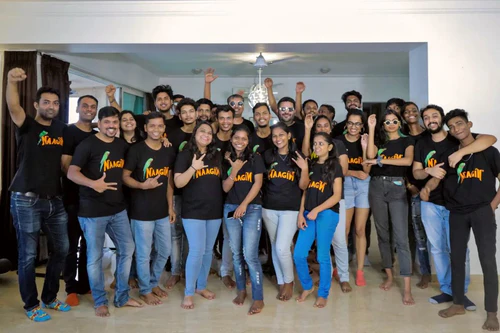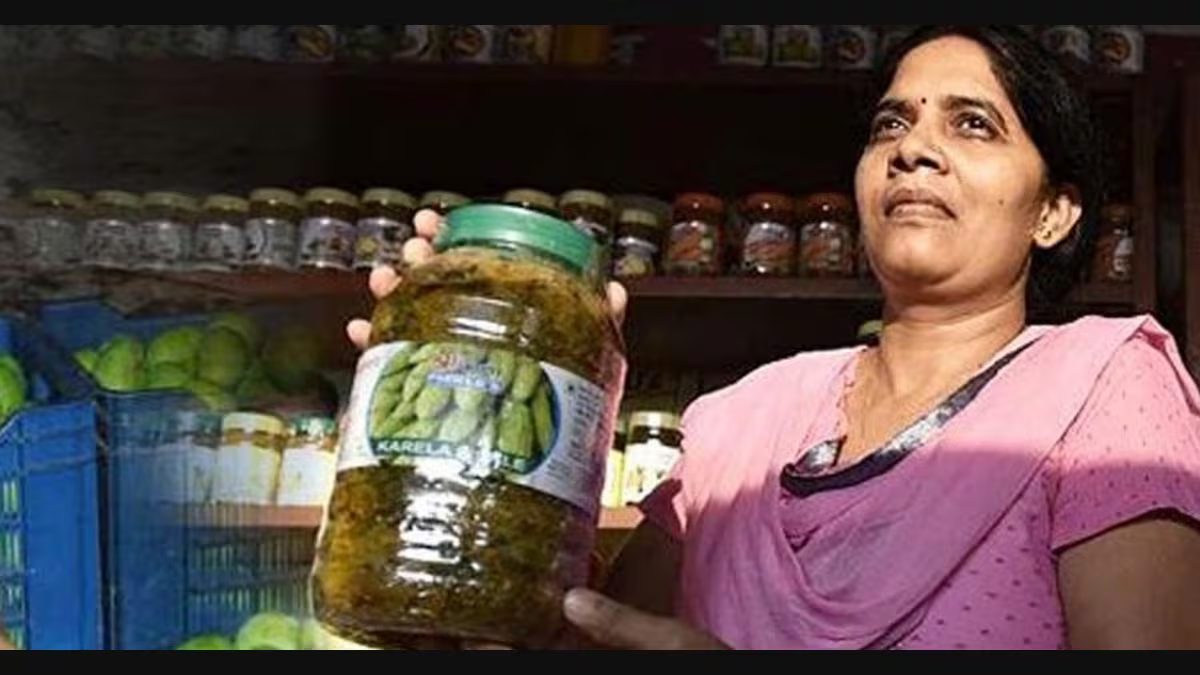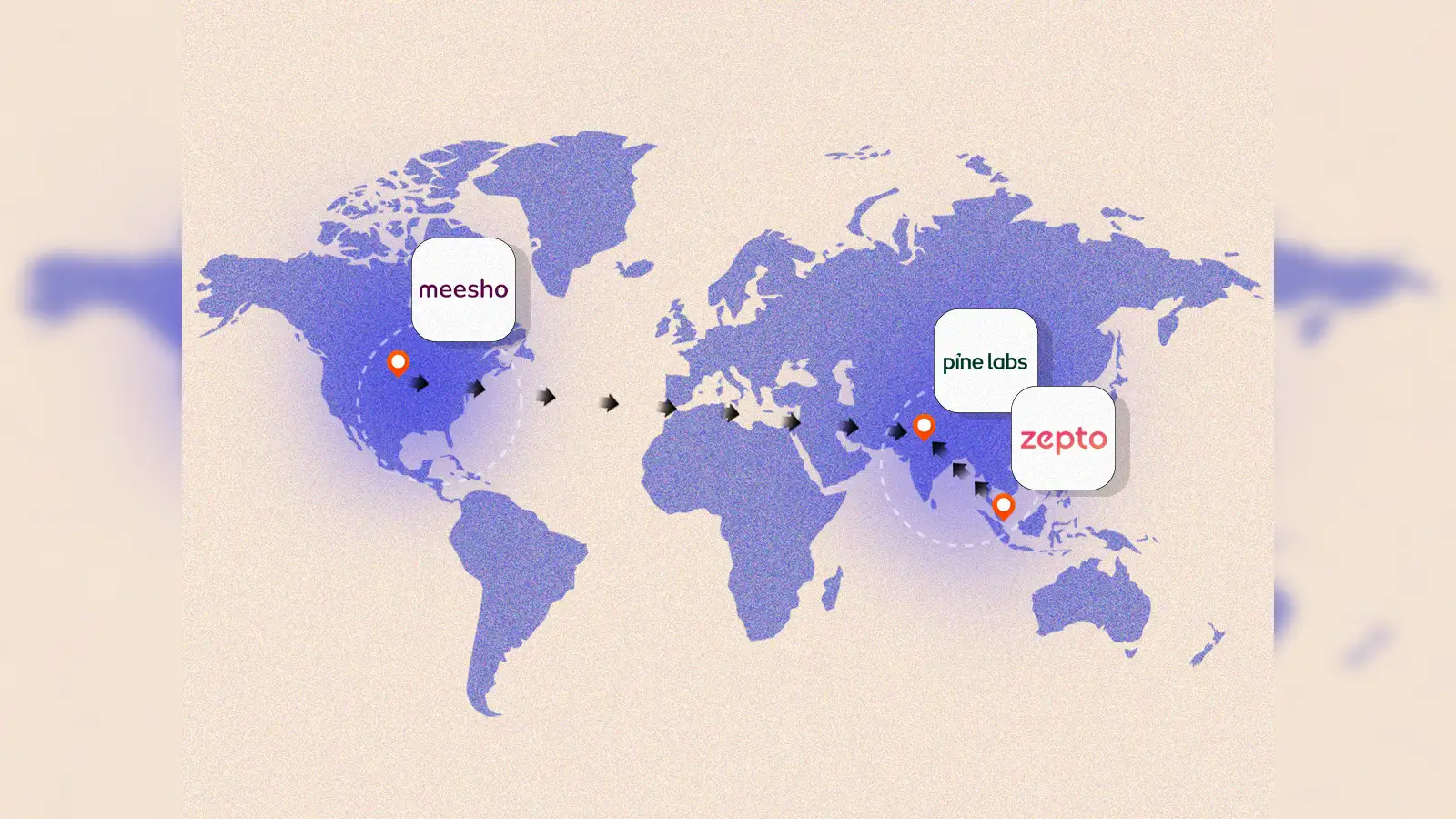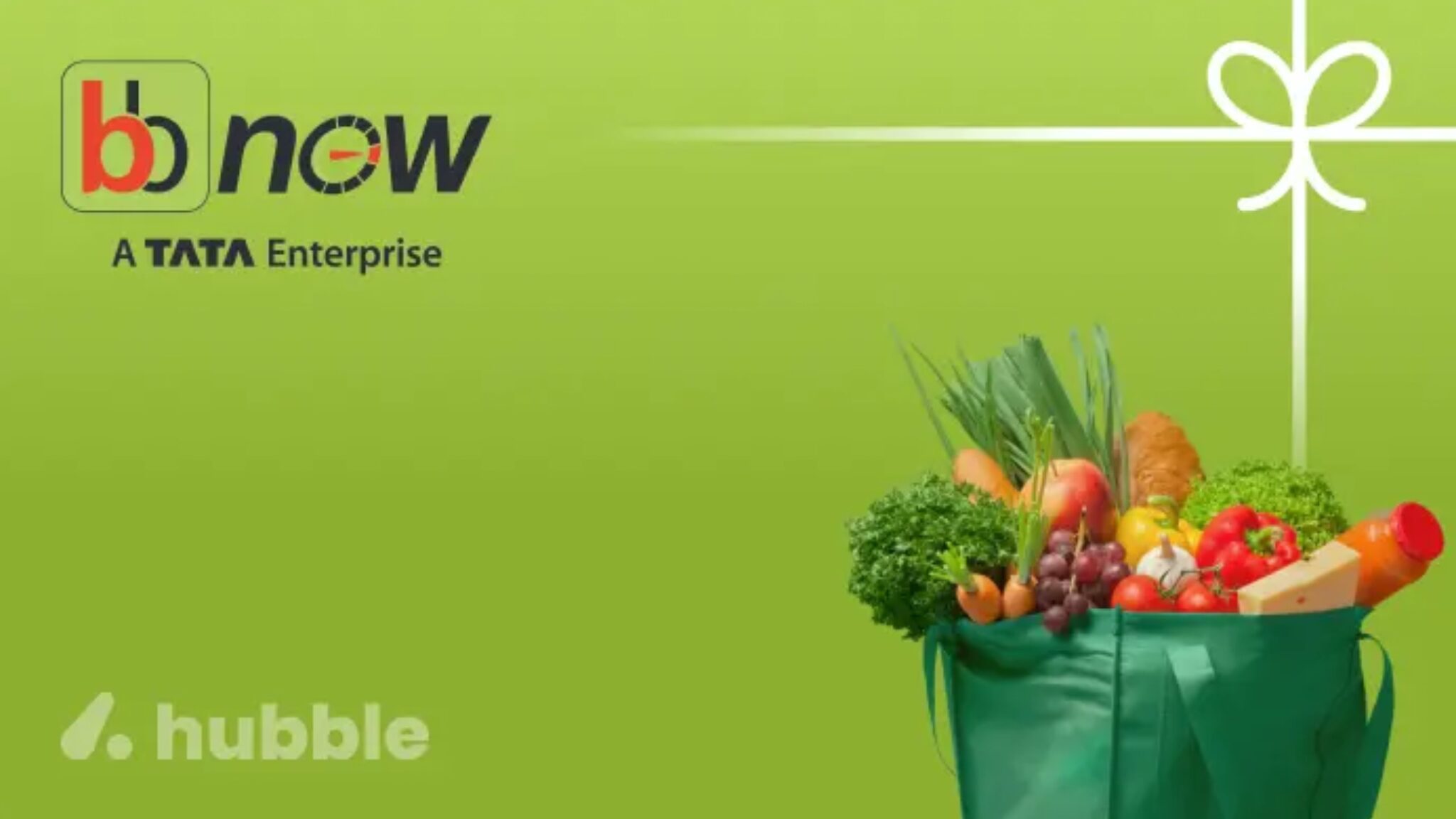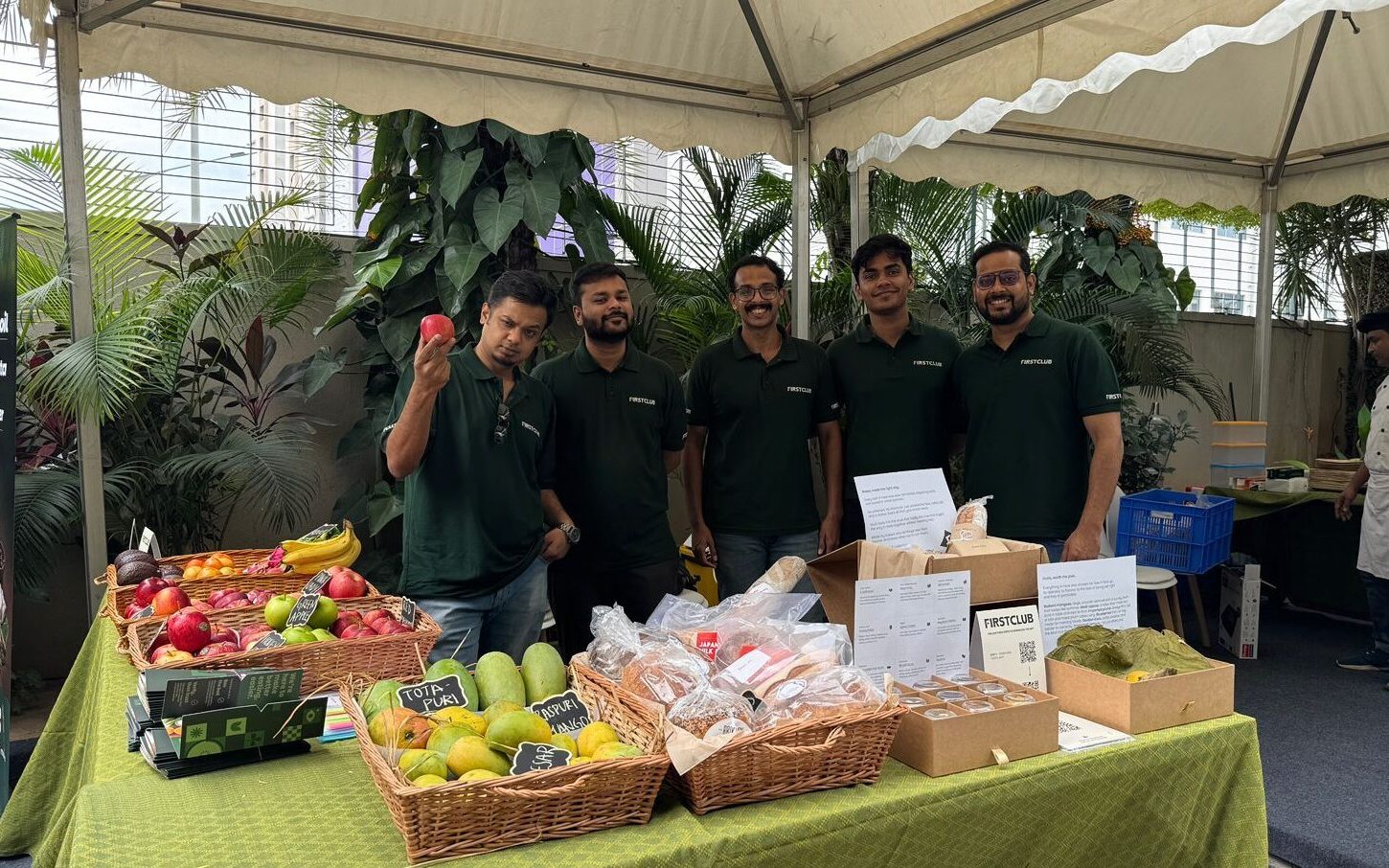Achaar, or Indian pickle, holds a special place in Indian cuisine, whether it’s breakfast, lunch, or dinner. For many Indians, the memory of homemade achaar prepared by grandmothers is deeply nostalgic. And it’s no surprise that popular culture, including movies and television shows, often portrays women kickstarting their entrepreneurial journeys by selling homemade achaar. But how practical is this business in real life?
The Economic Landscape
The Indian pickle market was valued at approximately USD 870 million (around INR 6,500 crores) in 2024 and is projected to reach USD 1.38 billion by 2030, growing at a robust CAGR of about 8%. Demand is usually leveraged by urbanization, a renewed appreciation for traditional foods, and a growing market for artisanal and homemade products.
Grassroots to Growth
Women often start small, using family recipes and local produce. Over time, they scale up, employ others, and contribute to community development. For Example, Krishna Yadav, once a roadside vegetable vendor, now runs seven pickle units in Gurgaon, employing around 1,000 women and producing over 150 products.
Earnings
Earnings in the pickle business vary widely, from small supplementary incomes to multi-crore turnovers, depending on scale, region, and business model.
- Micro and Small Enterprises:
Many women-led pickle businesses start at home or as part of self-help groups. For instance, Saraswati from Noida reports an annual turnover exceeding ₹7 lakh from the combined sale of pickles and sanitary pads, selling 300–500 kg of pickles monthly to hotels and city customers5. Many “Lakhpati Didis” (women earning over ₹1 lakh annually through self-help groups) have achieved such earnings through pickle-making. - Medium-Scale Success Stories:
Laveena Jain, a cancer survivor, grew her home-based pickle business (started with ₹1,500) to an annual turnover of ₹39 lakh, averaging about 300 orders per month and expanding her reach through both offline and online channels. - Large-Scale Enterprises:
Krishna Yadav, once a homemaker, now owns a pickle business with annual returns exceeding ₹5 crore and employs over 100 women. Her journey began with a capital of ₹3,000 and direct street sales, eventually scaling to a well-established brand. - Regional Success:
In Assam, an MBA graduate who left her corporate job now earns ₹1.2 crore per year from her pickle business, demonstrating the high earning potential for those who scale and brand effectively.
Digital and Social Media Leverage
Brands, like ‘Jha Ji’ from Bihar, have used the power of e-commerce and social media to reach customers nationwide, turning local flavors into household names. Thanks to online marketing and direct-to-consumer sales, entry barriers and expanded reach have lowered substantially.
Empowerment Beyond Economics
Achaar business offers flexible, home-based work, crucial to women in a society where balancing family and work is often challenging. Kerala’s Kudumbashree, a government initiative provides training, marketing support, and a platform for women to monetize their skills, fostering reciprocal support and community upliftment. This sector is also breaking the traditional gender roles by encouraging financial independence, confidence, and leadership among women,
ALSO READ : How to Start a Candle-Making Business at Home in India




